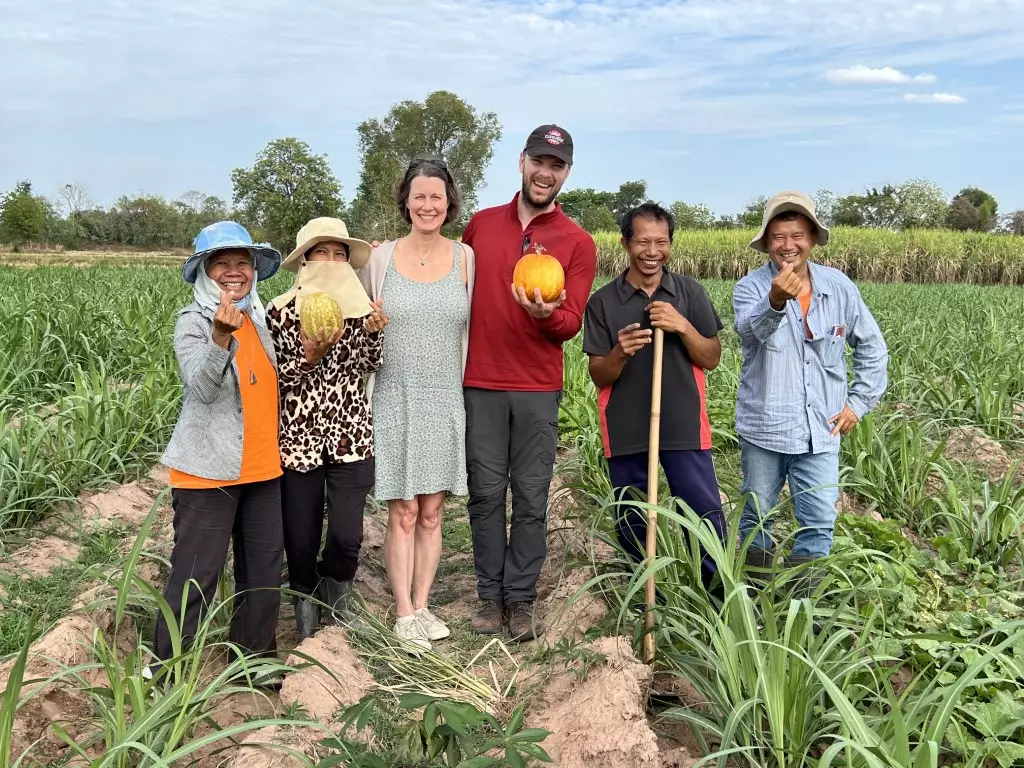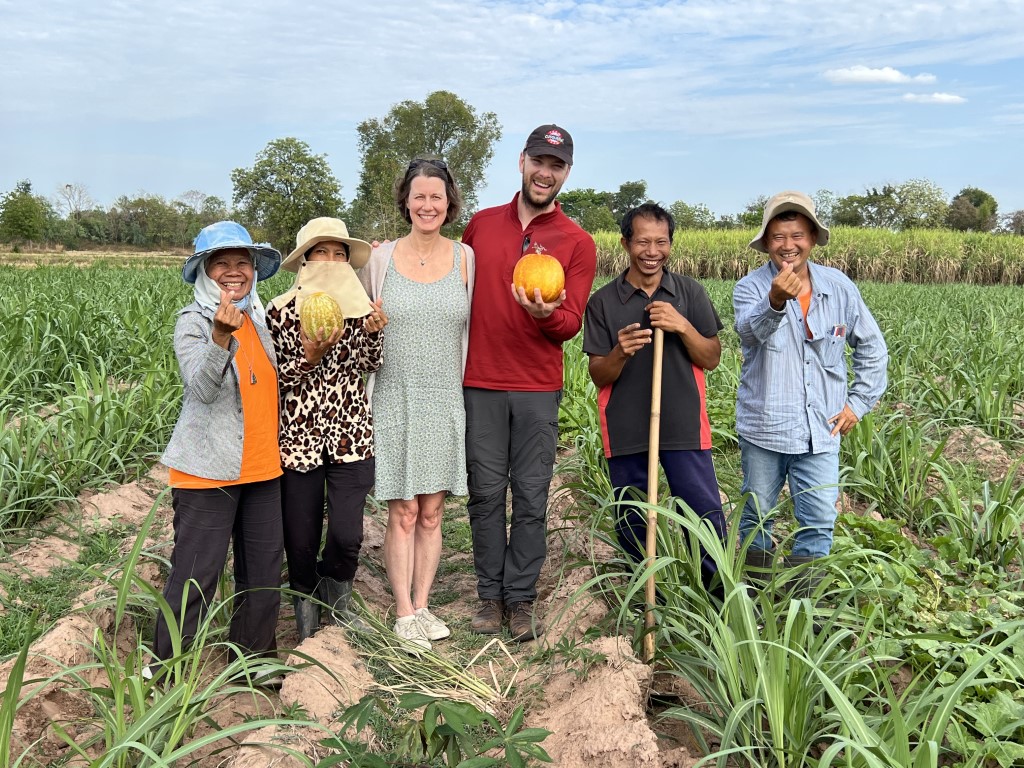As part of the CLIF project, corsus is currently visiting producers of chicken meat and cane sugar in Thailand. Case studies are being conducted on these products to help clarify methodological issues in the development of the communication tool being developed in the CLIF project. The two products were selected together with WWF Thailand , which also organized the visits. The trips took Ulrike Eberle and Nico Mumm to the Lopburi and Buri Ram areas. The insights into the production on site were very ex

In the Lopburi area, corsus visited an integrated farm of chicken meat. Integrated production means that in the company, starting with the rearing of the grandparents and parents’ generation of broilers, incubation of eggs, chick rearing and fattening to slaughtering, cutting and processing into seasoned and unseasoned, ready-to-eat chicken products, which are offered frozen or chilled, everything is united under one company roof. In addition to visiting the chicken fattening and processing facilities, the visit also included a visit to the feed mill. This case study is mainly used to clarify methodological issues for the communication tool on animal products.
Furthermore, a visit to a cane sugar factory was on the agenda. The factory produces different sugar qualities for the domestic market and the world market. The sugar cane is cultivated by small, medium and large farmers. The degree of mechanization of agricultural production varies greatly: while the small farmers cultivate and harvest the sugar cane by hand in the smallest fields and usually cultivate other products such as melons and cassava in the inter-row fields, the medium and large farmers do it all by machine. In the refinery, the sugar cane is broken down, the sugar is extracted and crystallized into sugar crystals. The bagasse produced is used to generate energy. Other residues from sugar production are used to produce organic fertilizers, which are reused in the cultivation of sugar cane, especially by small farmers. Medium-sized and large farmers mostly use mineral fertilizers.
We look forward to continuing to work with the producers on the case studies and are excited to see the results. Many thanks to WWF Thailand for the organization and very good cooperation!
